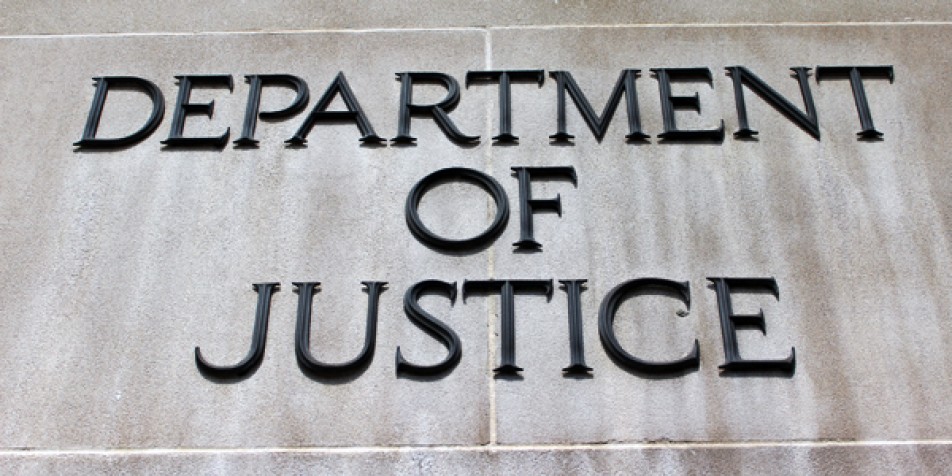Sessions' Move on Consent Decrees a Step Backward

In one of the latest examples of efforts by the current administration to undo reforms, Attorney General Sessions has announced in a memo to Justice Department attorneys that they must review all “existing and contemplated consent decrees.” This directive calls into question the consent decrees negotiated by the Justice Department with cities and police forces throughout the country to address discriminatory practices and abuses by police.
In the wake of the 1991 beating of Rodney King in Los Angeles, Congress authorized the Justice Department to investigate and, if necessary, litigate against police departments in an effort to address racial discrimination. The role of the Justice Department was elevated after the death of 18-year-old Michael Brown at the hands of local police in Ferguson, Missouri in 2014. A subsequent investigation into the Cleveland police department, where 12-year-old Tamir Rice was shot by police in a park while holding a toy gun, was also carried out under this authority. The list of departments investigated after shootings of Black men and boys has only grown. Sessions’ call to review all decrees to ensure they are in line with the administration’s priorities rather than supporting efforts to continue to reform police policies and practices is deeply concerning.
Juvenile Law Center has worked for 41 years to reform the juvenile justice system, including attacking the racial and economic injustices that infect all stages of the system. In litigation and other advocacy throughout the country, Juvenile Law Center has worked with youth, police, courts, parents, schools and other stakeholders to reform the juvenile justice system. Many of our lawsuits have been resolved through negotiated settlements and consent decrees to remedy the harms and create lasting reform.
Both the juvenile and criminal justice systems disproportionately impact people of color- men, women, boys and girls- due to implicit bias and explicit discrimination. The Civil Rights Division of the Justice Department has effectively used its investigation and litigation power to address institutional racism. The investigations brought to light troubling policies and practices that were widespread across police departments. The resulting consent decrees, reached mutually by the parties involved, moved forward reform of the department policies and practices.
The Justice Department’s investigation into Ferguson, Missouri shone a spotlight on the onerous costs and fees assessed against poor defendants that that often lead to their incarceration for failure to pay. This exposure prompted Juvenile Law Center to conduct a similar investigation into such practices in the juvenile justice system, leading to the publication of our groundbreaking report, Debtors’ Prison for Kids: The High Cost of Fines and Fees in the Juvenile Justice System.
The Civil Rights Division of the Justice Department has been a critical partner in protecting the rights of all citizens. Investigating state and local public institutions is a crucial component of their enforcement of our civil rights laws. Reviewing previously negotiated consent decrees specifically entered into to address explicit or potentially discriminatory practices by these institutions undermines the reform agenda. As a nation we must remain committed to rooting out racism in law enforcement and other public institutions.
Image adapted from original by John Taylor via flickr licensed under CC 2.0.
